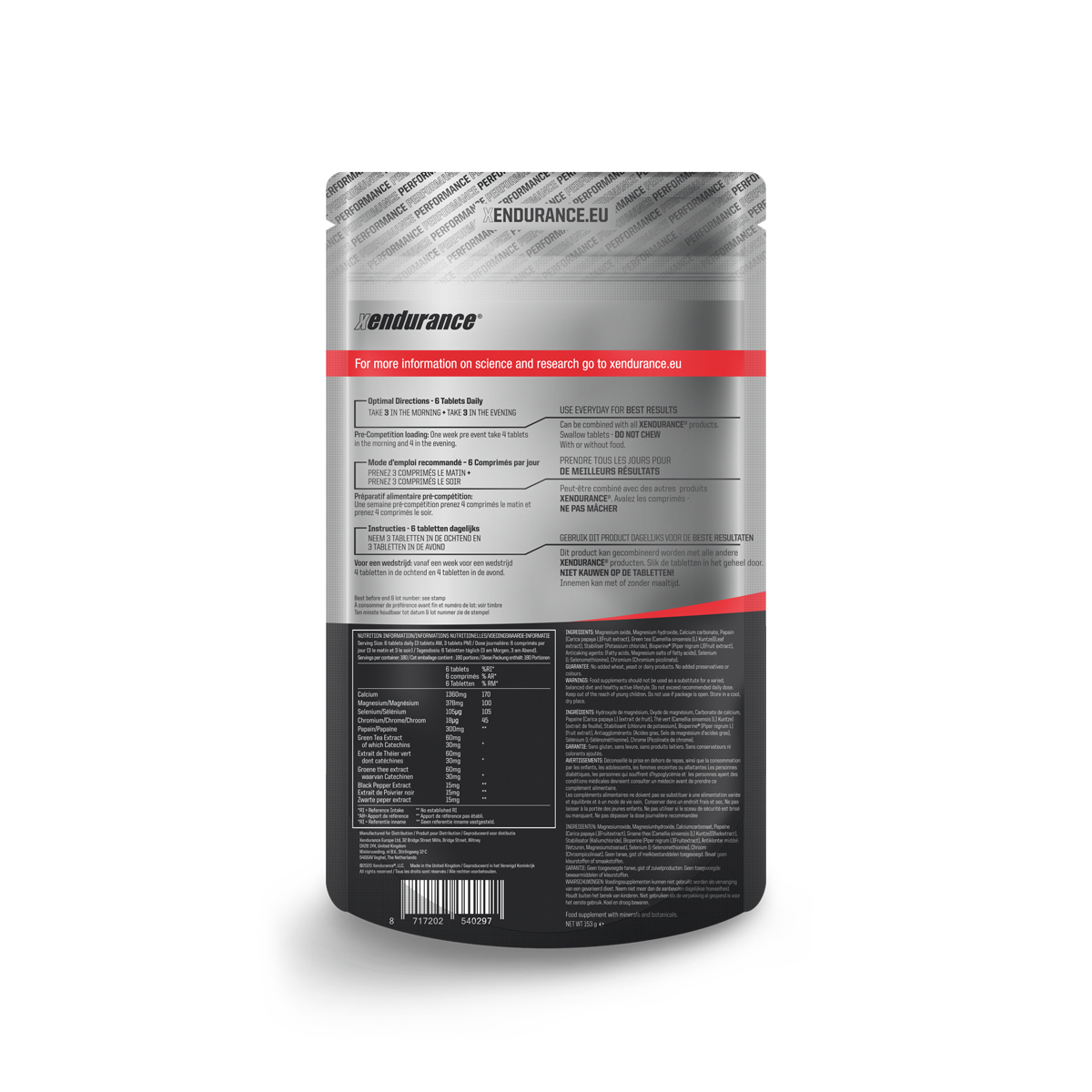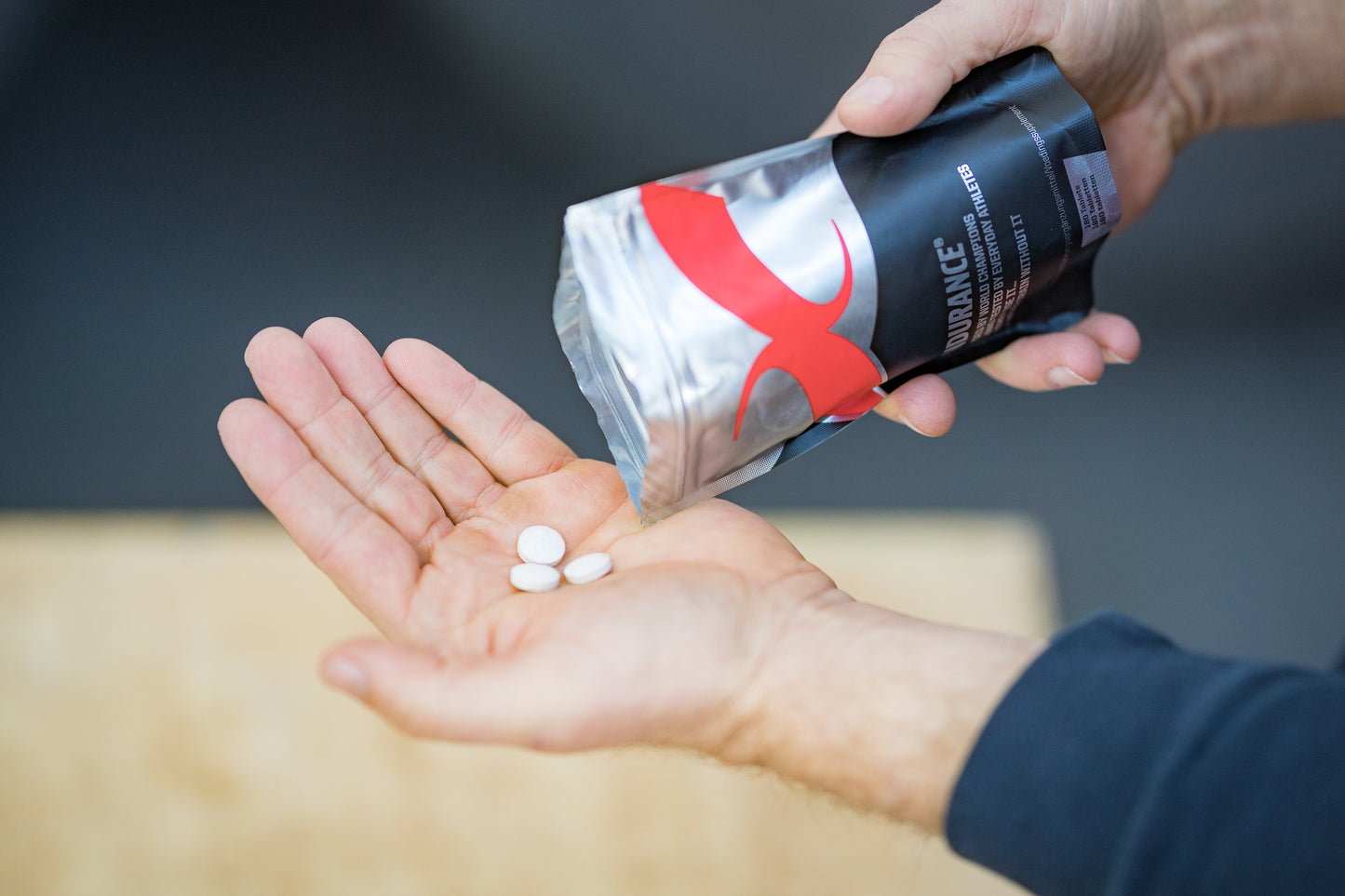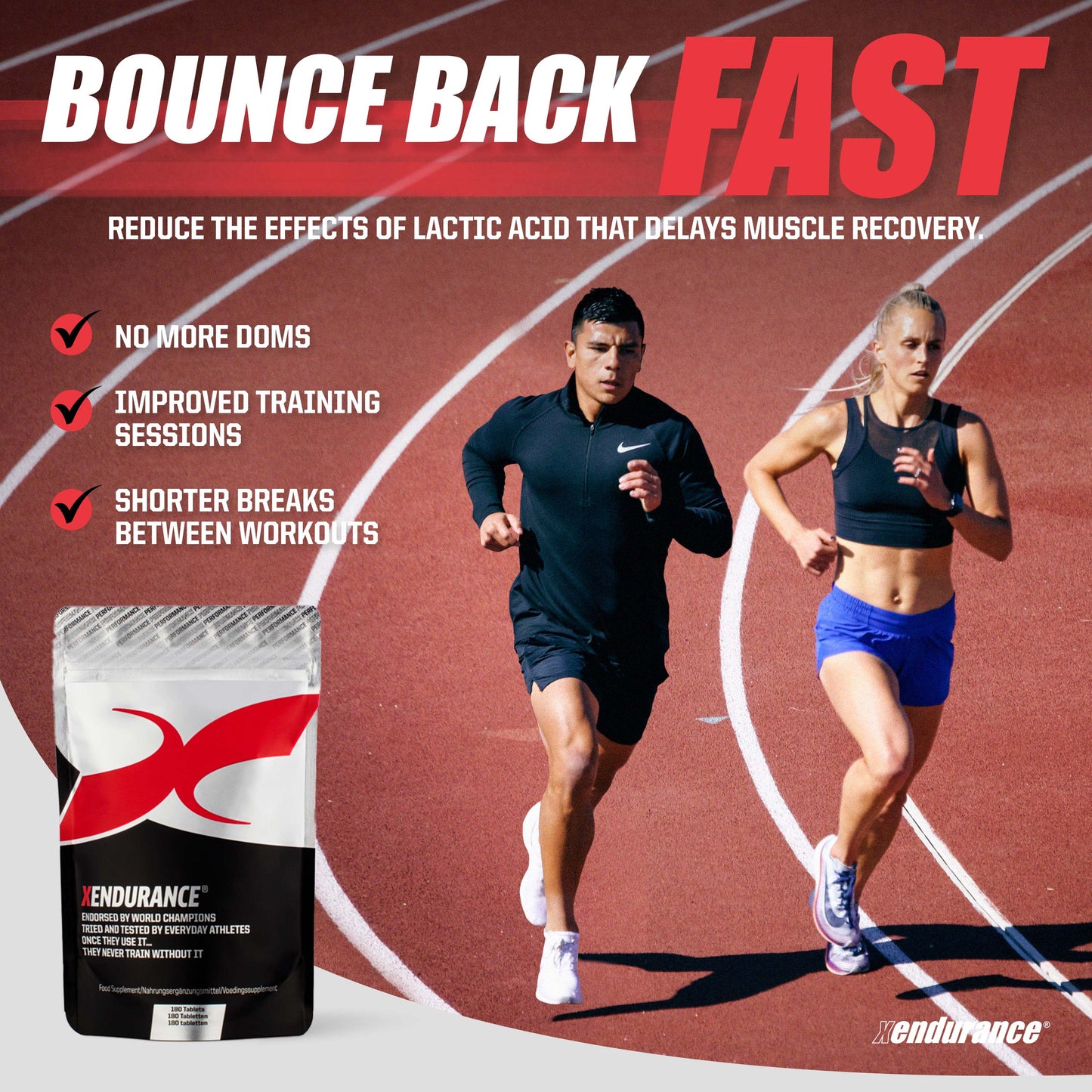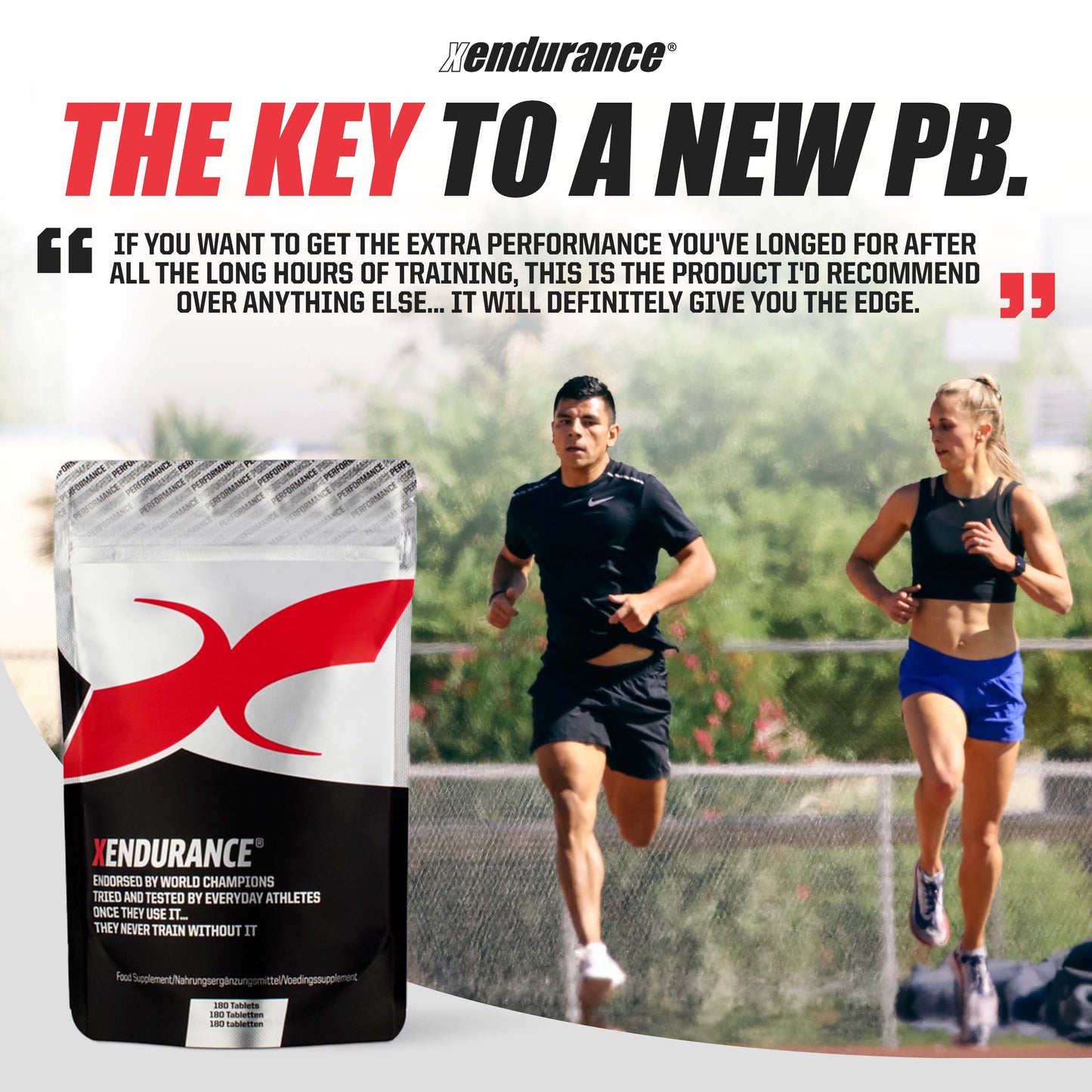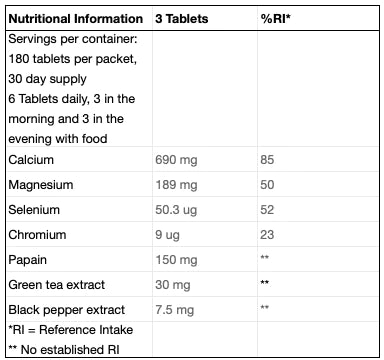Sure, lots of people can complete a triathlon, but many of us have plenty of reasons why we can’t. Here we give some excuse-eschewing advice that will kick start your training today.
The Excuse: I won’t be able to run that far (or fast) after swimming and biking.
The Answer: The run can be the most daunting element of a triathlon. Even the most seasoned runners fall victim to that familiar “dead legs” feeling after dismounting the bike, but there are ways to power through. “As triathletes, we never run fresh,” says pro triathlete Tim O’Donnell. “So we need to learn how to run fast when tired.”
The Approach: How can you stay strong throughout the run? O’Donnell’s transformation to a triathlete entailed completing all of his runs off of the bike or out of the water. “For long runs, I would spin for 45 to 60 minutes before the run to adapt,” he says. “I would also do my easy runs on the treadmill after hard swim sessions.”
Try This: A basic brick can prepare your legs for the swim-bike-run transitions, go for 3x (5 min bike/ 2 min run), increasing speed for each set.
The Excuse: I’m overwhelmed by the prospect of doing an Ironman.
The Answer: You dream of having the finish line announcer declare you an Ironman in front of throngs of cheering spectators. But you’ve never ventured beyond short-course triathlons. It may all seem super overwhelming at first, but a little planning— and a lot of commitment— goes a long way. It’s not going to be easy, if it were, then everyone would be doing it. You do need to push yourself, but the feeling of accomplishment is awesome.
The Approach: Set a realistic goal. If you want to go sub-12 hours but don’t have the schedule that will permit the training necessary to realistically get you there, you should reevaluate. Be honest about the amount of time you can commit to training and racing. Some athletes make the commitment to do Ironman, which requires a great deal of time and support, while others choose to do shorter distances, and those workouts, while shorter, are intense.
Ask yourself: What appeals the most to you?
Try This: Glean information from experienced triathletes. Whether you want to go long or short, you can find out what it’s really like from someone who has been there and done that.
The Excuse: I’m not a good swimmer.
The Answer: While you may not enjoy the thought of donning a wetsuit and slipping into a murky body of water with a group of strangers, swimming is actually the easiest part of a triathlon to improve upon.
Just ask other athletes. You might be in the slow lane to start with, but with consistent swim sessions, some good technique training and a swim squad to encourage to cheer you along, you could easily become one of the faster swimmers in your age group over time. It will definitely take a lot of effort and determination, it’s a matter of putting in the work and seeing the progression.
The Approach: Start where you are. If you have little swim experience, enlist the help of a swim instructor to get the basics down. Many Masters groups cater to triathletes and offer technique tips as well as challenging workouts in a group environment. Even more important? Remind yourself that swimming is the shortest part of any triathlon. So if your strokes are sluggish, at least you won’t be doing it for long.
Try This: After joining a Masters team or triathlon squad, enter yourself in a open water swim event. And be competitive and confident.
The Excuse: I don’t have time to train.
The Answer: You work long hours. You have a couple of kids, a spouse and a dog. You hardly have time to brush your teeth on some days, let alone head out for that planned two-hour ride. How to deal? It’s all about mastering the art of time management. Focus more on quality versus quantity to make the most of each workout and try not to get hung up on what can’t be done and just try to focus on what I can do.
The Approach: Commit to a training schedule based on what you can realistically get done. Don’t schedule a swim at 6 a.m. on Wednesday when you have a Tuesday night deadline. And on the days when it’s just impossible to squeeze in a full workout? Shorten your workout and make it more intense, or try to make up for it later in the week.
Try This: Convince a training partner or athletic friend to register for a race with you, then schedule a regular meet-up to swim, bike or run. Holding yourself accountable to someone else means you’re more likely to make the time to train.
The Excuse: I don’t have enough money.
The Answer: Yes, triathlon is a pricey sport. But there are ways to get by without zeroing out your savings account. Meaning, as slick as those race wheels and TT bike look, you don’t need top-of-the- line gear right out the gate. Many do their first triathlon with a borrowed bike from a friend. Triathlon can be a single-event accomplishment or a lifestyle, and the reason it’s so fun is because there is always room to improve, always opportunity for upgrade, and none of it can or should be done overnight.
The Approach: Invest in the important stuff: properly fitting running shoes, goggles that don’t leak, a decent-fitting tri kit and a good helmet. Borrow or rent the rest until you’re completely committed to the sport. Bonus: This way, you’ll get to test plenty of gear before you plunk down the cash.
Try This: Go local. A large portion of triathlon costs are tied to travel, so save on travel and hotels (and the dreaded bike fee on airlines) by finding a race you can drive to. And seek out races with lower entry fees—with so many new races popping up each year, there’s bound to be an affordable event near you.
The Excuse: I’m not insanely fit.
The Answer: Triathlon embraces people of every shape and size. So don’t let the numbers on the scale scare you away.
The Approach: Sure, you’re excited to get going. But don’t be too overzealous at first. Usually people start with a little too much enthusiasm in the first week or so and then are either injured or burned out and leave the whole goal of completing the triathlon by the wayside. So ease into a training plan, commit to it, and from there, reap the rewards. You will get fit, lose weight, feel healthy and probably be happier and more productive than you’ve ever been.
Try This: Structure your diet to support your training and racing goals.




